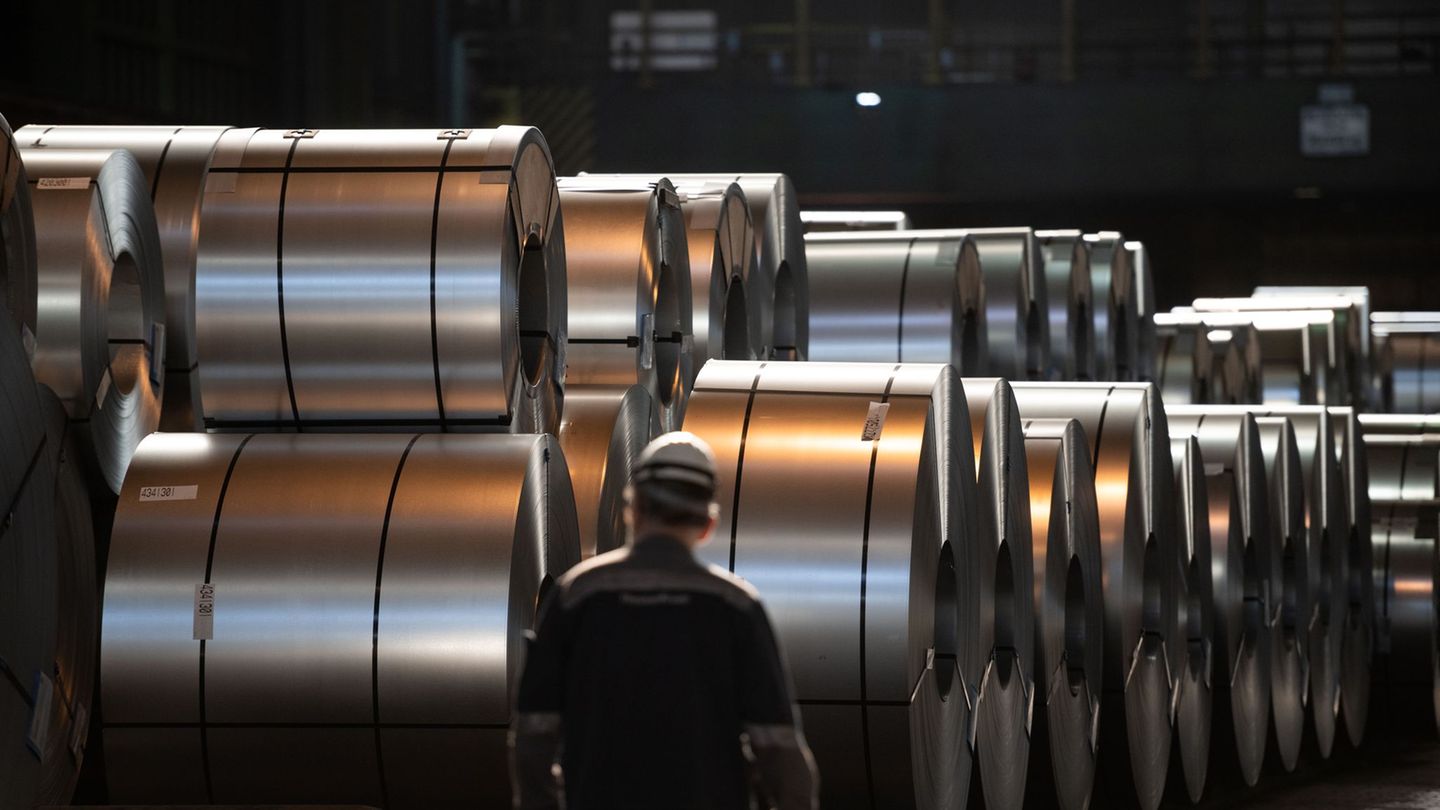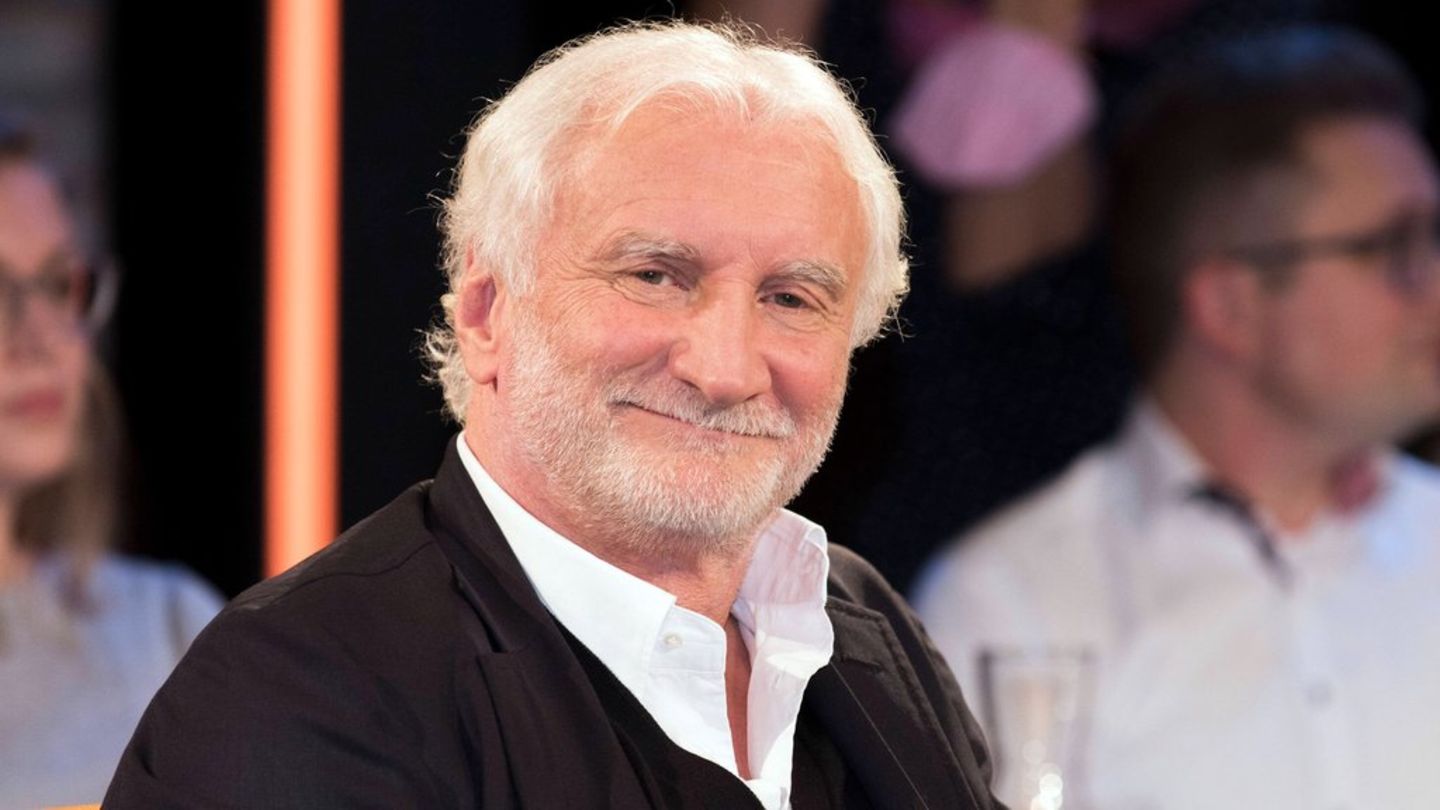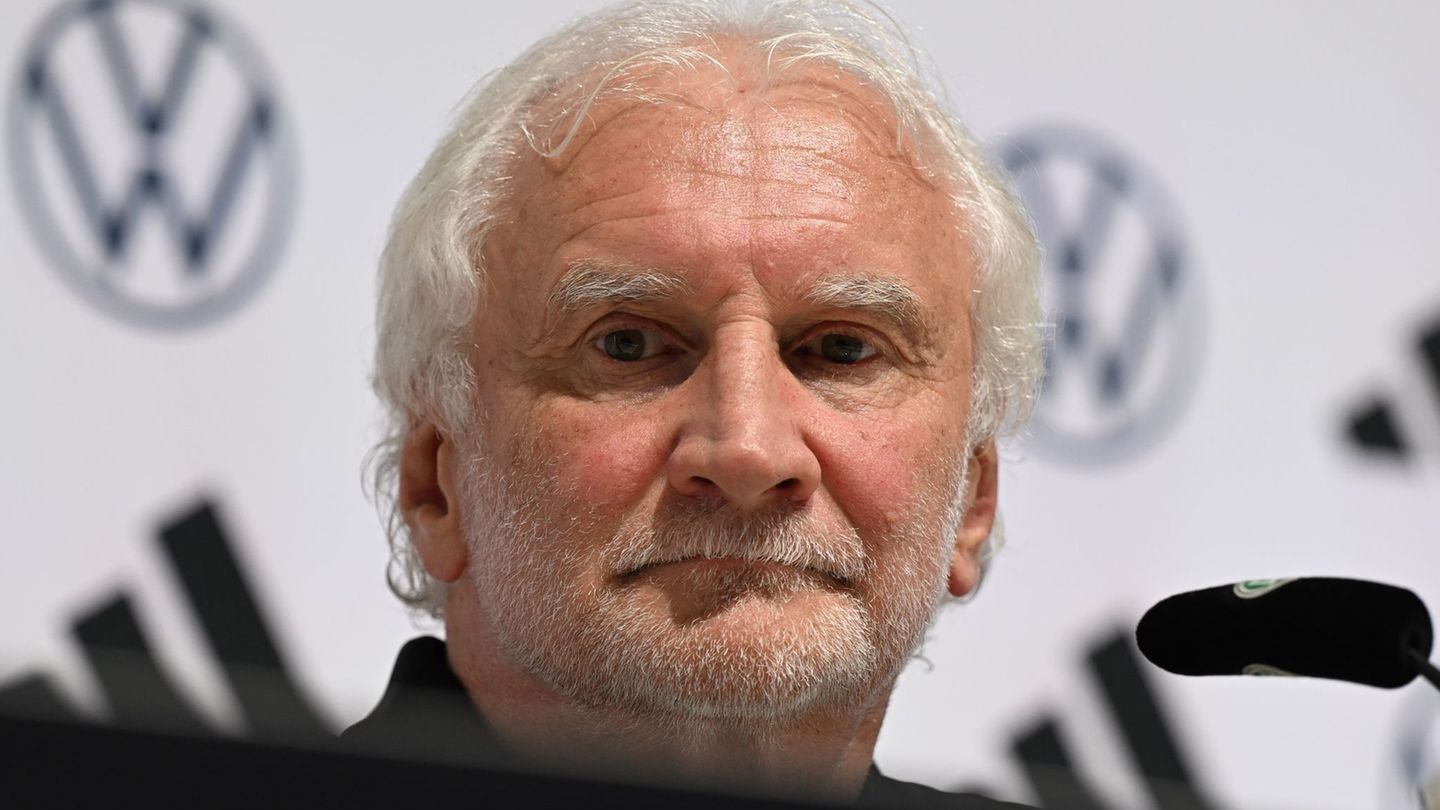Hard cuts
Thyssenkrupp steel workers should get 8 percent less
Copy the current link
Add to the memorial list
What’s next with Thyssenkrupps steel company? For three days, managers and trade unionists wrestled for a common denominator. Now there is a compromise.
Germany’s largest steel manufacturer Thyssenkrupp Steel Europe (TKSE) faces a profound renovation that demands hard financial losses to the employees. The management and the IG Metall union agreed after tough, three -day negotiations to a collective agreement valid until 2030, which contains a reduction in working hours, deletion of vacation pay and other savings points. On average, the income of the employees is likely to drop by around eight percent.
The weekly working hours are reduced to 32.5 hours. So far, the employees have been working between 33 and 34 hours a week – in the future there will be less that will become noticeable on their pay slip. The employers confessed to investments to modernize locations – this was seen as a success.
Other previously common payments are weakened, such as the anniversary allowance: If you have worked in the company for 25 years, you have received a monthly salary so far, according to IG Metall, it will only be 1000 euros. And the struck for a on -call service is halved.
The savings are intended to reduce personnel costs per year by a low three-digit million euro amount. IG Metall had spoken of a “poison list”, which had a “poison list”, which had a “poison list”, whose effect had been weakened in the negotiations by almost half.
Already known plans for job construction have been specified, in production 1600 positions are to be eliminated by 2029 by closing aggregates. In addition, 3700 jobs are to be deleted in all areas of the area by 2028. Before that, it was said that “around 5000” positions should be eliminated, now you come to 5300. According to corporate information, this is not a tightening of the savings plans, but a specification. The company currently has around 26,300 employees, last autumn there were 27,000.
No operational terminations
Overall, the number of jobs is to decrease by more than 11,000 to less than 16,000, also by the sale of parts of the company. The company wants to avoid operating dismissals. A compensation for interests and social plan should be developed by September. In order for the positions to be reduced as planned, the company must take money in hand, for example for severance payments. How high these restructuring costs are was not announced.
Germany’s largest steel manufacturer has come into the crisis due to economic weakness, high energy prices and cheap imports from Asia. As a countermeasure, the company wants to significantly reduce its capacities, instead of 11.5 million tons per year, the shipping level should only be 8.7 to 9 million tons in the future.
A location is to be closed in Bochum in 2028. A closure project for a work in Kreuztal-Eichen in the Siegerland (NRW), on the other hand, is initially off the table. There, “a concept for optimizing the location” is to be implemented there to ensure an economic operation.
Negotiations on the “pain limit”
“This is a tough and difficult walk for everyone involved who hoped to the end will not be that bad,” said HR board Dirk Schulte. However, the measures are necessary. Transformation director Marie Jaroni spoke of an important milestone for the future viability of Thyssenkrupp Steel. “We break down excess capacities, improve efficiency and thus achieve a competitive cost level.”
The district manager of IG Metall NRW, Knut Giesler, spoke of a compromise that contains painful elements for both sides. “However, operational terminations are off the table and guarantees for locations and investments in the systems are also available – these are good signals.”
“We went to the pain limit and only made admission where it was really necessary to secure jobs and locations,” said Tekin Nasikkol, chairman of the steel company. The prerequisites have been created so that the company could get out of the difficult situation on its own. “However, we cannot compensate for management errors of the past by employee contributions in the long term.”
In order for the collective agreement to be valid, the consent of the IG Metall members is still pending at the steel manufacturer. In addition, the group mother Thyssenkrupp must ensure financing.
dpa
Source: Stern




